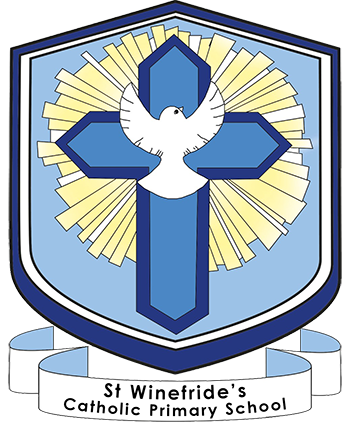COVID-19 Curriculum Recovery Plan
Nobody quite knows how adversely affected our children have been by the absence of daily routine which schools provide. From the evidence available, we can assume some will have felt acutely the anguish caused by the lack of social interaction or feel loss from not being able to undertake the informal rituals of school life – the missed school journey or end of year production, the rites of passage for young people transitioning into the next phase of their lives.
It underlines that schools are so much more than places which provide education – they are about people. Our schools are communities; we embody values; we model relationships required for modern life to function: collaboration, getting on with others, friendship.
So, as we support all of our pupils as they return to school in September, our attention shifts as much towards helping children come back to us and each other as it necessitates considering the formal curriculum. Our recovery curriculum needs to balance how to learn best with what to learn. This is summarised from the work of Professor Barry Carpenter, CBE, PhD. (Professor of Mental Health in Education, Oxford Brookes University), taken from his Recovery Curriculum model:
Lever 1: Relationships – we can’t expect our students to return joyfully, and many of the relationships that were thriving, may need to be invested in and restored. We need to plan for this to happen, not assume that it will. Reach out to greet them, use the relationships we build to cushion the discomfort of returning.
Lever 2: Community – we must recognise that curriculum will have been based in the community for a long period of time. We need to listen to what has happened in this time, understand the needs of our community and engage them in the transitioning of learning back into school.
Lever 3: Transparent Curriculum – all of our students will feel like they have lost time in learning and we must show them how we are addressing these gaps, consulting and co-constructing with our students to heal this sense of loss.
Lever 4: Metacognition – in different environments, students will have been learning in different ways. It is vital that we make the skills for learning in a school environment explicit to our students to reskill and rebuild their confidence as learners.
Lever 5: Space – to be, to rediscover self, and to find their voice on learning in this issue. It is only natural that we all work at an incredible pace to make sure this group of learners are not disadvantaged against their peers, providing opportunity and exploration alongside the intensity of our expectations.
Barry Carpenter – The Recovery Curriculum
We have used the research of Barry Carpenter, a leading educational consultant, to plan the initial phase of our Curriculum Recovery to ensure we provide a quality education, which is broad, balanced and challenging for all – regardless of starting points.
Please click on the links below to view recovery curriculum documnets.
Recovery curriculum presentation
Maths recovery curriculum
Collective worship
English
PE

